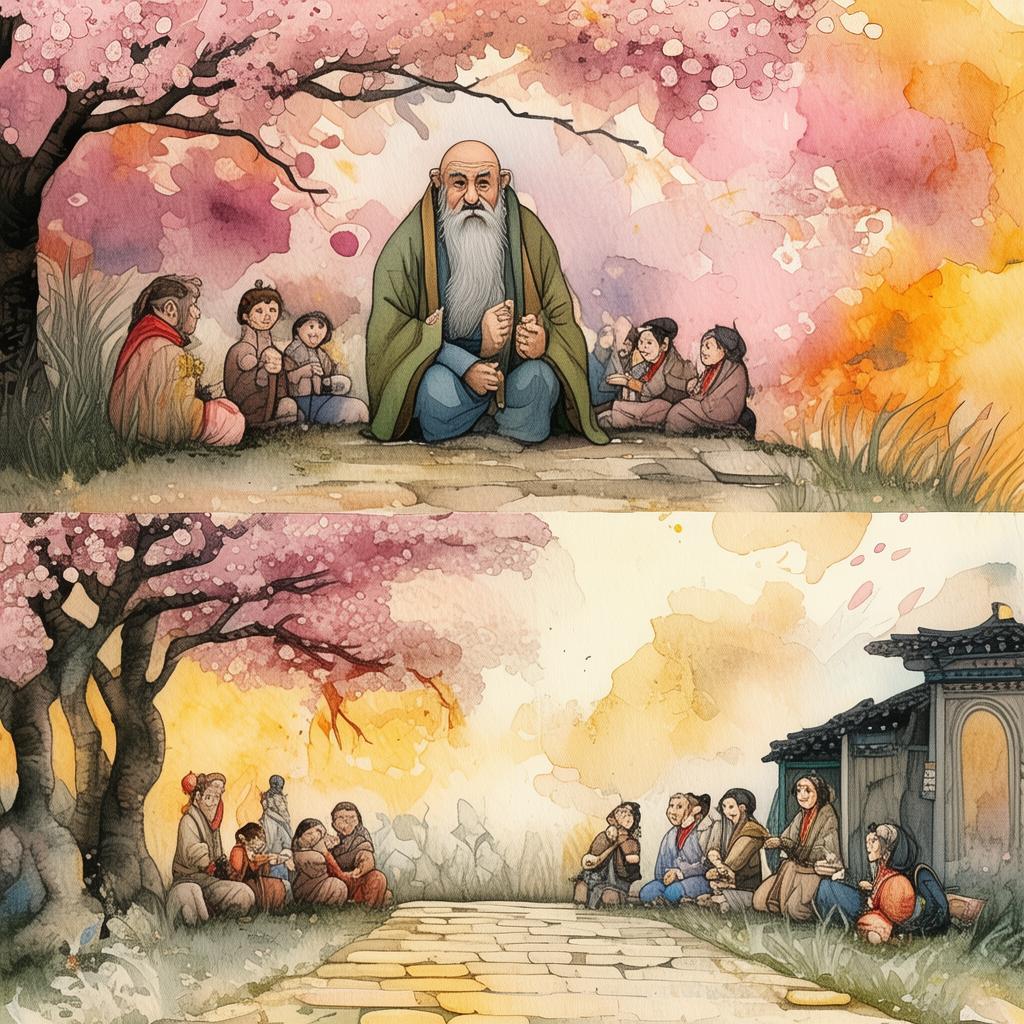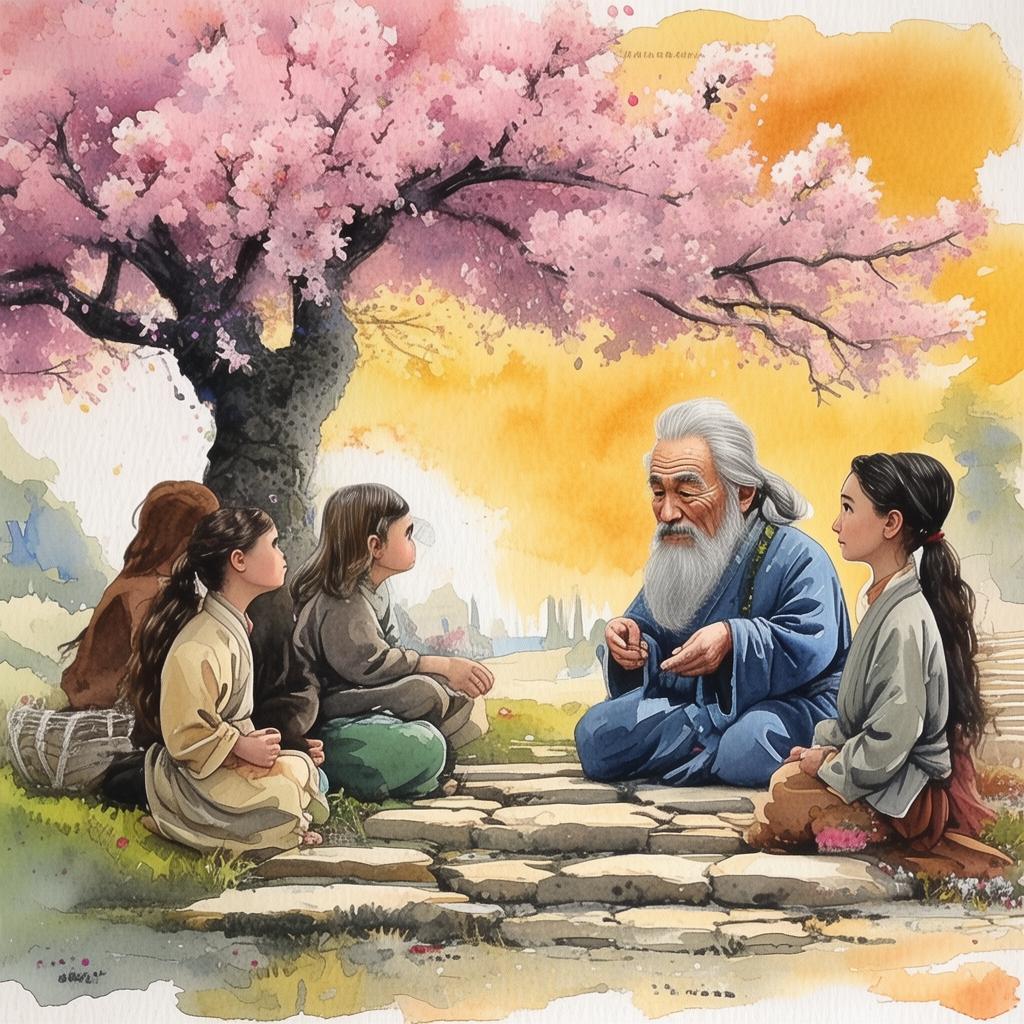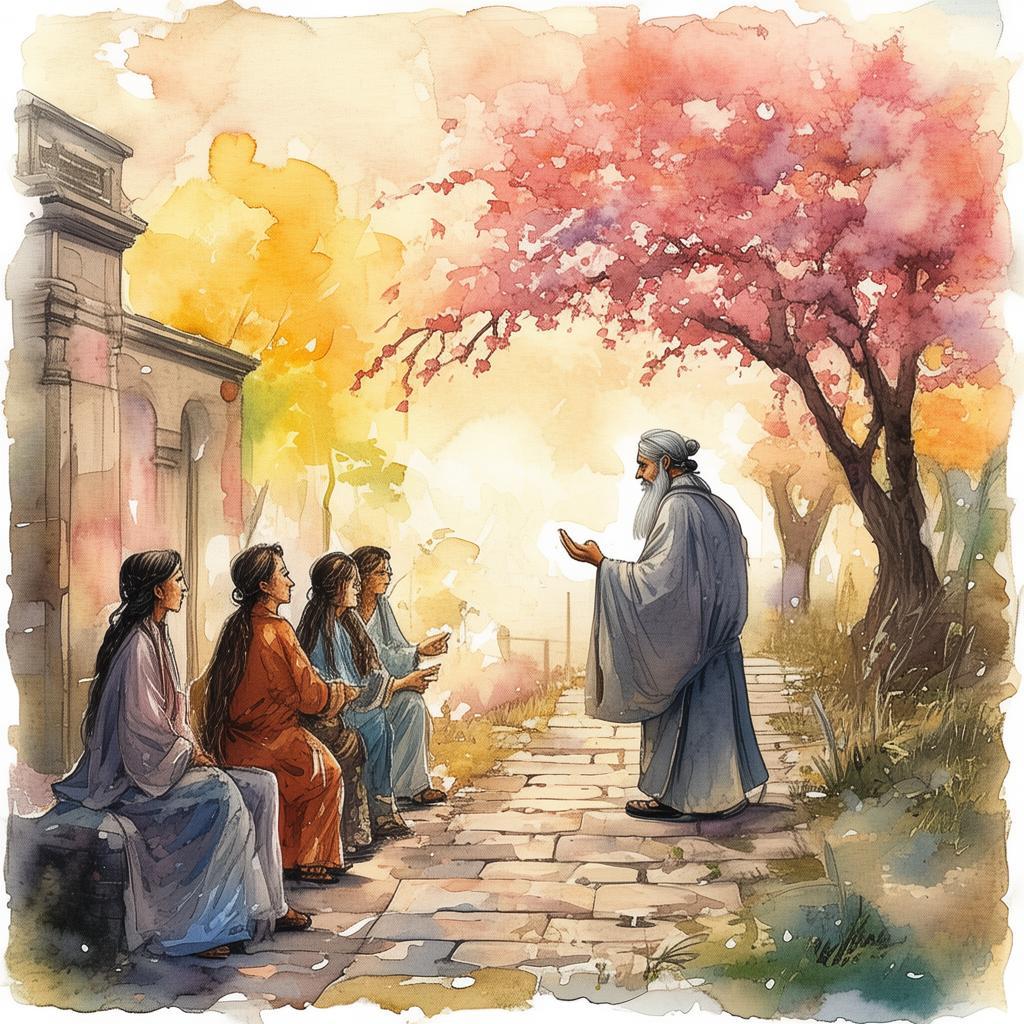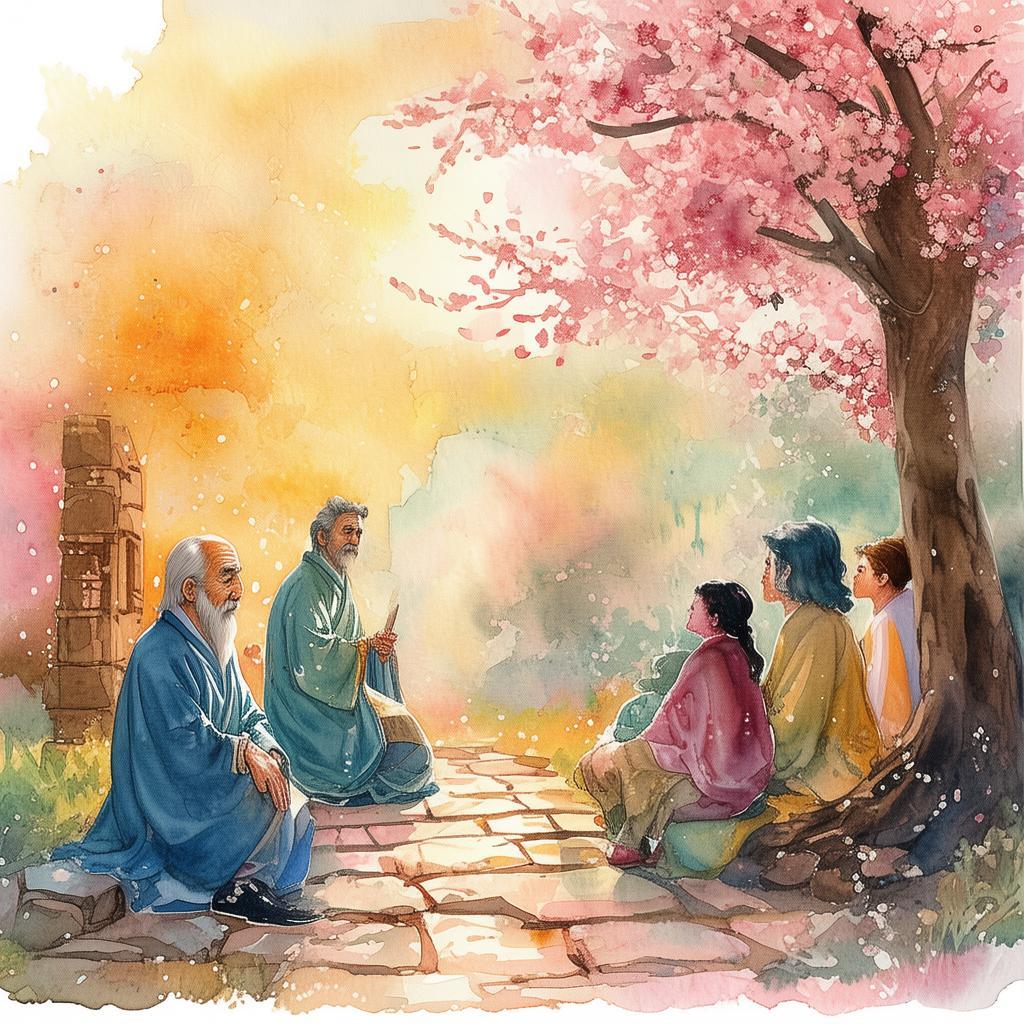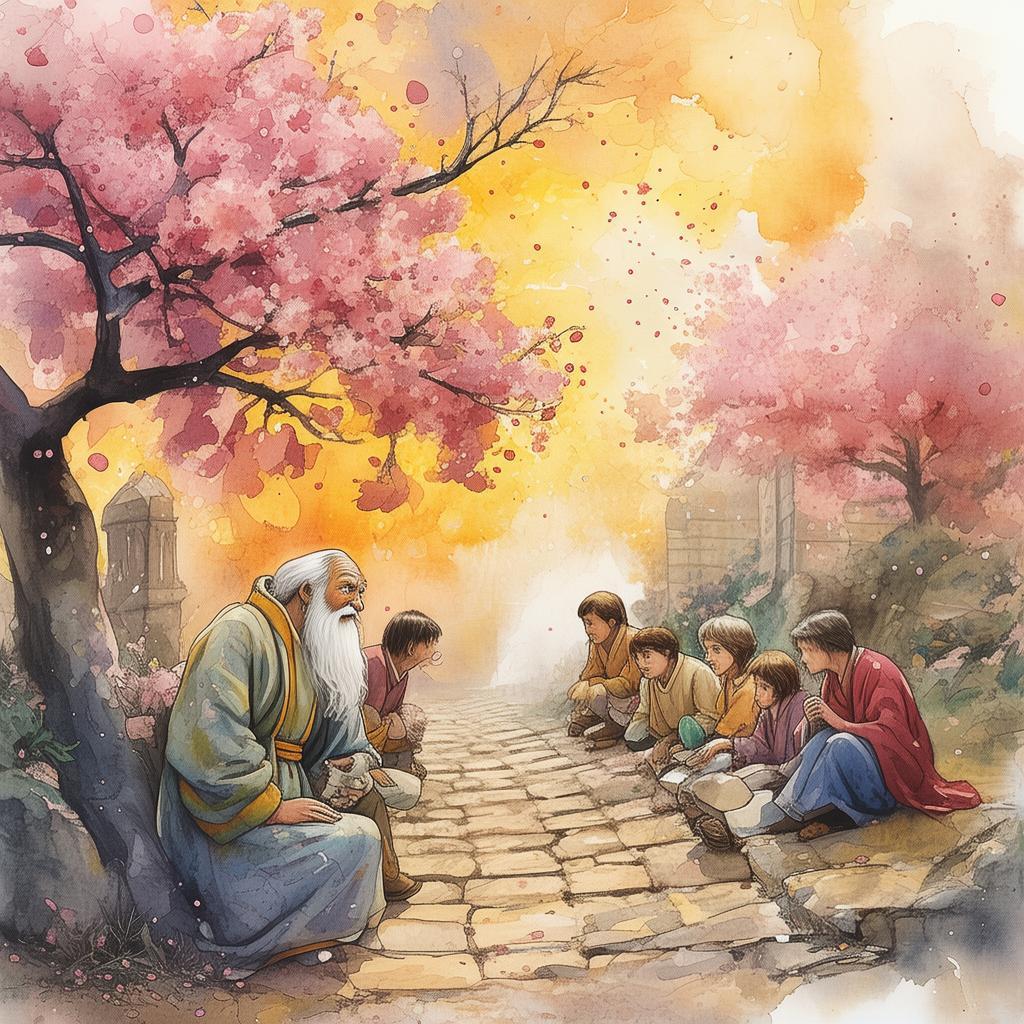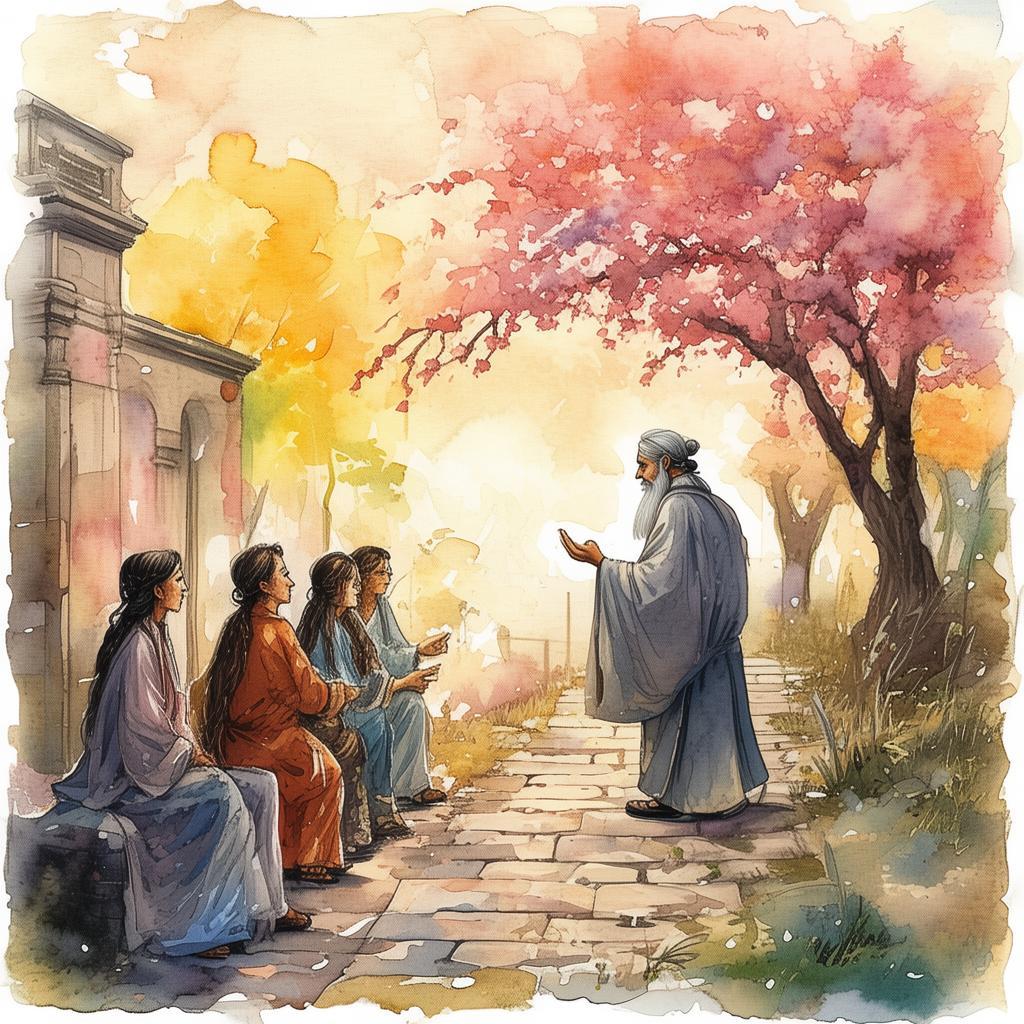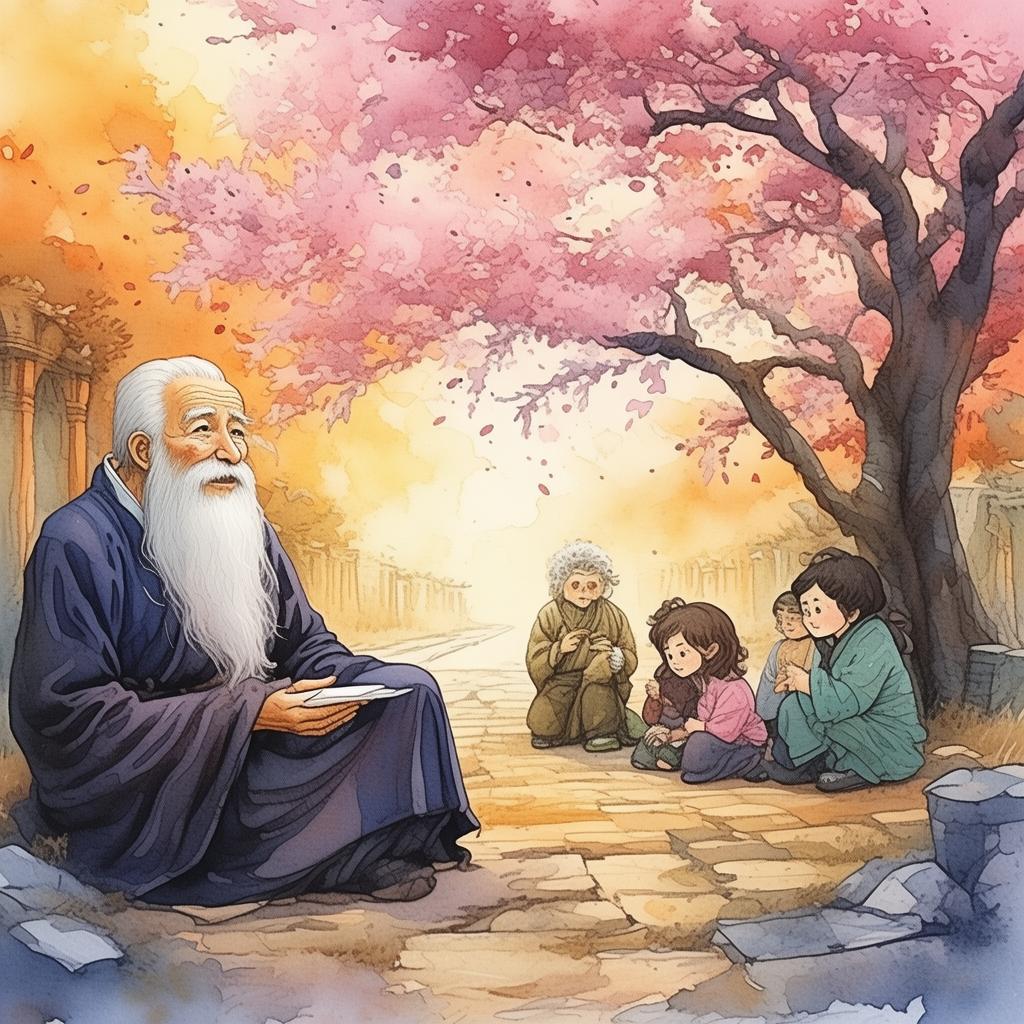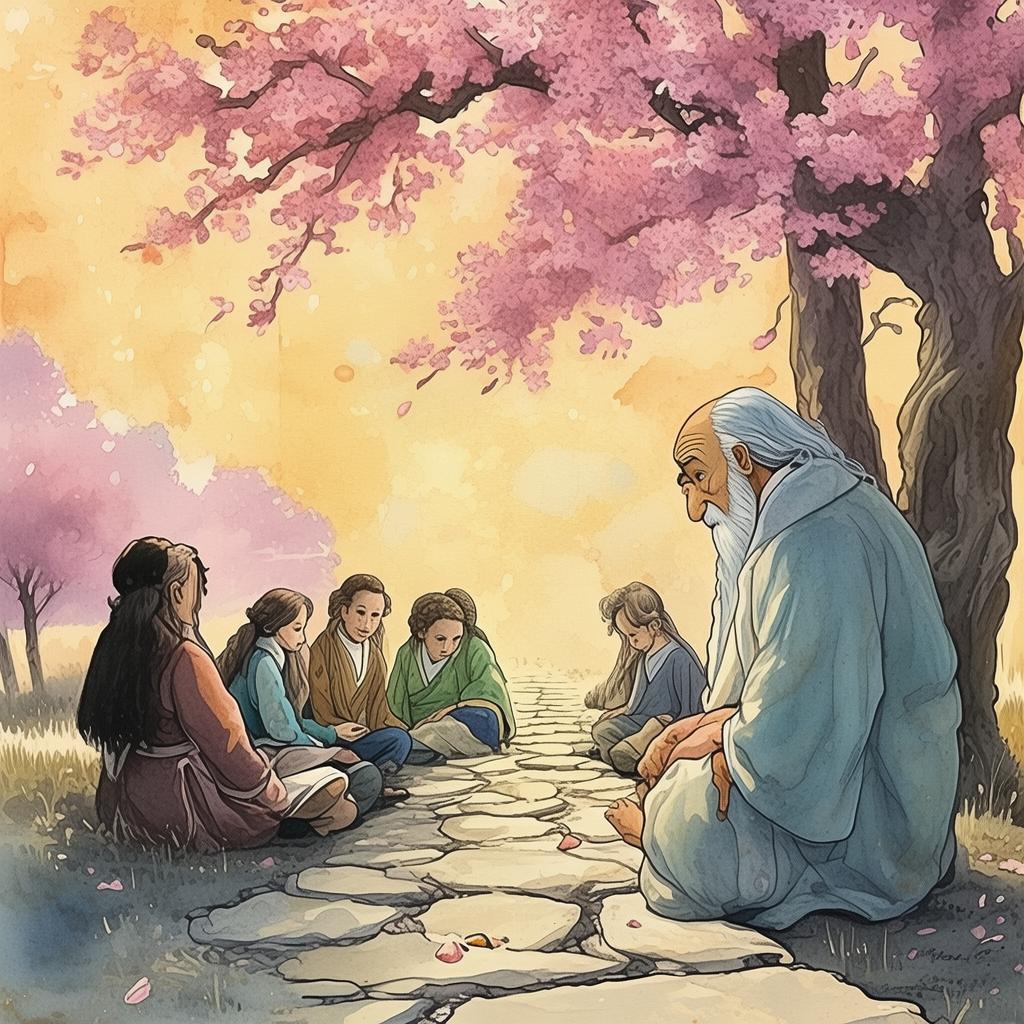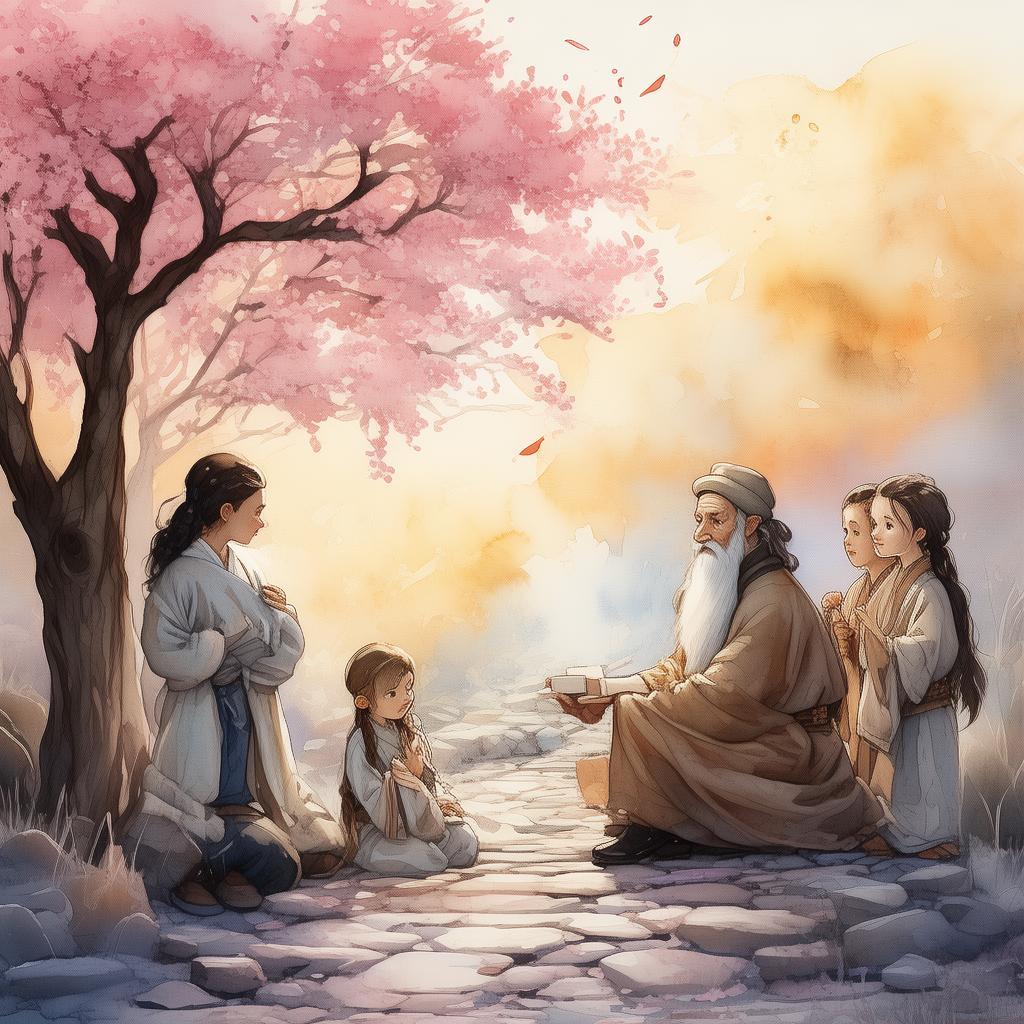Blinded by Power: The Dynasty's Downfall
In the ancient kingdom of Jin, there reigned a king known far and wide for his wisdom and foresight. His name was Emperor Jing, a ruler who was beloved by his people for his benevolence and just rule. However, as the years passed, a shadow began to cast over his reign.
Emperor Jing had a son, Crown Prince Li, who was the spitting image of his father. Young Li was intelligent, but his father's overconfidence in his own wisdom led him to believe that he could do no wrong. The king, blinded by his own shortsightedness, began to surround himself with yes-men who flattered him and whispered of his unparalleled greatness.
One day, an old, wise man named Wei came to the palace. He was a seer, a man who claimed to see into the future. Emperor Jing, intrigued by the tales of Wei's abilities, summoned him to the throne room. The king asked Wei to reveal the fate of his dynasty, hoping to learn from the wisdom of the ages.
Wei, a man of few words, looked into the king's eyes and spoke. "Your Majesty, your dynasty will fall not from without but from within. It is your own shortsightedness that will bring about its end. You must look beyond the flatteries and see the truth."
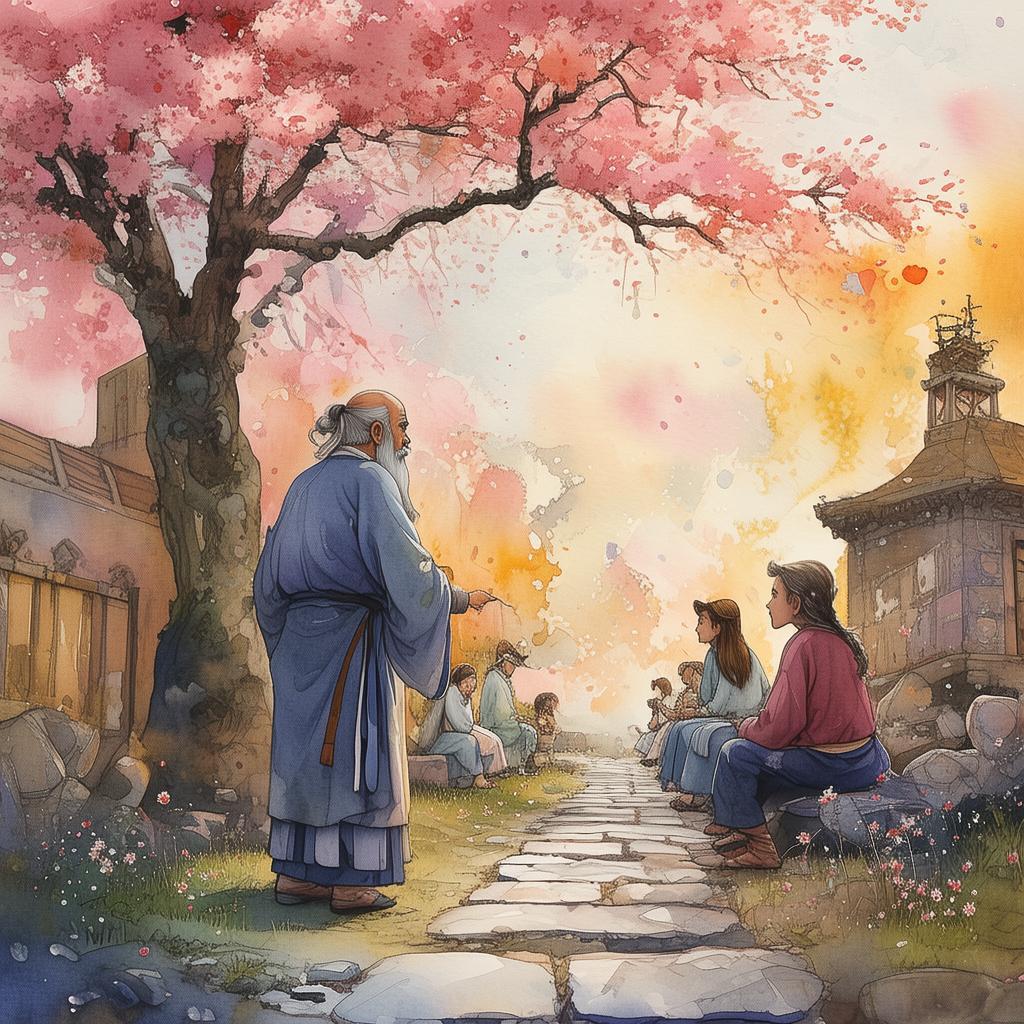
Emperor Jing, feeling insulted, dismissed the seer and returned to his court. The king's shortsightedness, however, was not limited to his disregard for the seer's warning. He was also blind to the growing discontent among his people and the ambition of his son, Crown Prince Li.
Li, seeing the king's decline, began to plot his own rise to power. He gathered a group of loyalists, men who were dissatisfied with the king's rule and eager for change. Li's ambition was not for the good of the kingdom but for his own glory.
As the years went by, Emperor Jing's shortsightedness became more pronounced. He dismissed anyone who dared to speak truth to him, believing that his own wisdom was infallible. He surrounded himself with eunuchs and courtiers who whispered of his greatness, and he grew more and more distant from the people he was meant to serve.
The kingdom, once a beacon of stability and prosperity, began to falter. The crops failed, the people starved, and the kingdom's enemies saw an opportunity to exploit the king's weakness. Li, seeing his chance, led a rebellion, and the kingdom of Jin fell into chaos.
Emperor Jing, caught in the midst of the chaos, realized too late the consequences of his shortsightedness. He tried to rally his troops, but it was too late. The crown prince's forces were too strong, and the king was captured and executed.
The dynasty that had stood for centuries crumbled with the fall of Emperor Jing. The shortsighted king's legacy was a kingdom in ruins, a lesson to all who would follow in his footsteps.
The story of Emperor Jing serves as a cautionary tale, a warning against the dangers of shortsightedness and the cost of unbridled ambition. It is a story that echoes through the ages, reminding us that true wisdom lies in seeing the world as it is, not as we wish it to be.
✨ Original Statement ✨
All articles published on this website (including but not limited to text, images, videos, and other content) are original or authorized for reposting and are protected by relevant laws. Without the explicit written permission of this website, no individual or organization may copy, modify, repost, or use the content for commercial purposes.
If you need to quote or cooperate, please contact this site for authorization. We reserve the right to pursue legal responsibility for any unauthorized use.
Hereby declared.
